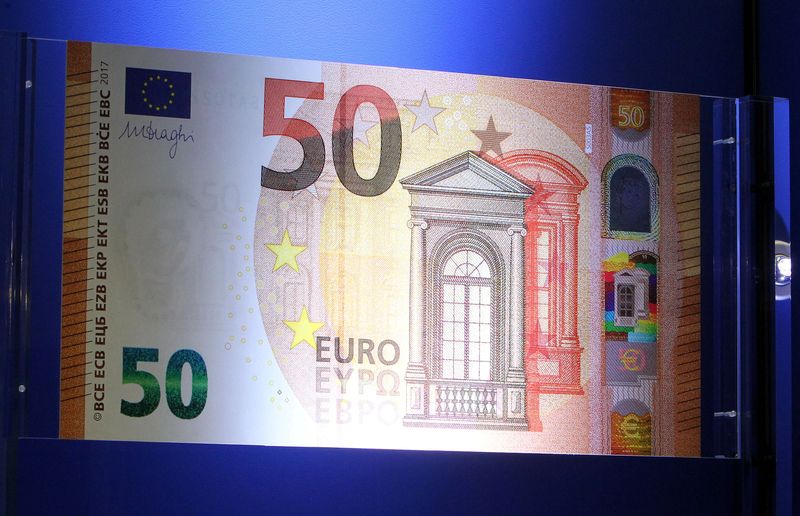Investing.com’s stocks of the week
By Stefano Rebaudo
(Reuters) -German government bond yields rose sharply on Monday as signs of broadening inflationary pressures in Europe's economic powerhouse and hawkish comments from top policymakers reaffirmed expectations of higher interest rates in the bloc.
In a sign that inflationary pressures were becoming more broad based, IG Metall, Germany's most powerful union, wants to push through wage increases of between 7% and 8% in an upcoming round of bargaining.
Speaking days after an emergency European Central Bank meeting last week to address stress in bond markets, ECB President Christine Lagarde said wage increases are still likely to accelerate and reaffirmed the ECB's plans to raise interest rates twice this summer.
ING senior rates strategist Antoine Bouvet attributed the bonds selloff to the IG Metall union recommended pay rise and comments from Lagarde on wages.
"Although this (IG Metall news) shouldn’t come as a massive surprise, the headlines probably resonates with Lagarde warning about a pick up in wages…and about wages growth remaining above average for their forecast horizon," said ING's Bouvet.
Benchmark yields in benchmark 10-year German government debt rose 7 bps to near the day's highs at 1.73%. Yields on short-dated two-year debt also rose by a similar quantum to 1.14%.
French bonds slightly underperformed after Sunday's election setback, which would force Macron to negotiate alliances with other parties.
France's 10-year yield rose 5 bps to 2.251%, with the spread between it and Germany widening by 1.5 bps to 54.5 bps.
"The bond market is not hugely sensitive to this matter (French politics) as it is focusing on the ECB's next moves to avoid an excessive widening of spreads between core and periphery," said Andrew Mulliner, head of Global Aggregate Strategies at Janus Henderson.
The move higher in German yields also pressured peripheral bond yields higher with Italy's 10-year government bond yield rising 7 bps to 3.76%.
The spread between Italian and German 10-year yields tightened by 0.5 bps to 198.5. It tightened from more than 250 bps to below 200 bps late last week after the ECB announced a new anti-fragmentation instrument to prevent an excessive divergence in countries' borrowing costs.
Elsewhere, the EU hired a syndicate of banks to sell a new, 25-year green bond, which will be launched on Tuesday, subject to market conditions, according to a memo seen by Reuters.
